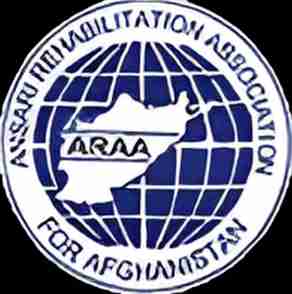Rural Movement Organization (RMO) is an Afghan NGO. It was established in 2010 and registered with Afghan ministry of economy in 2014. RMO is established as the continuation of the Belgian NGO "Solidarité Afghanistan Belgique" (SAB).
As a replacement of Solidarity Belgium Afghanistan (SAB), RMO has a long experience on implementing vocational training, agriculture, education and emergency response projects. On top of it, RMOcollaborated with and became a formal partner of Geres (www.geres.eu) for around 10 years, which enabled RMO to achieve an excellent experience and knowledge in thein-house energy efficiency environment protection and climate change sectors. In the past 10 years, together with Geres, RMO implemented a number of medium to big size projects in Kabul, Bamyan, Maidan Wardak and Badakhshan Provinces.
RMO operations include work on market-based solutions, developing value chains asthese create jobs and are often key to the sustainability of the solutions deployed.In both urban and rural settings, RMO has also contributed to technical improvements to the agriculture and vegetable production sector by building passive solar greenhouses, bioclimatic cellars as well as innovative solutions including, trainings, toolkit and marketing support to women beneficiaries on food process and production.
Project Overview:
“Enhancing Climate Adaptation and Livelihoods in Bamyan through anticipatory action, Inclusive DRR, NRM, and Women Empowerment” Is funding by UNOCHA via Afghanistan Humanitarian Fund (AHF). The project is supposed to be implemented by 3 partner NGOs (SI) as leader and RMO and WCOD as partners. The project will be implemented in Yakawlang district of Bamyan province.
The project aims to enhance climate adaptation and strengthen community resilience in the Yakawlang district by addressing the challenges of climate change, environmental degradation, and economic vulnerability. Focusing on DRR, sustainable natural resources management (NRM), and women’s empowerment, the project seeks to improve the livelihoods of the most vulnerable communities while reducing their reliance on harmful coping mechanisms.
Through the construction of essential DRR infrastructures, such as flood mitigation systems, and the provision of winterization support, the project will reduce the immediate impacts of climate-related shocks. The introduction of climate-resilient agricultural techniques, including agroforestry, and the promotion of cost-efficient energy solutions to reduce dependence on firewood, will also contribute to reducing environmental degradation





